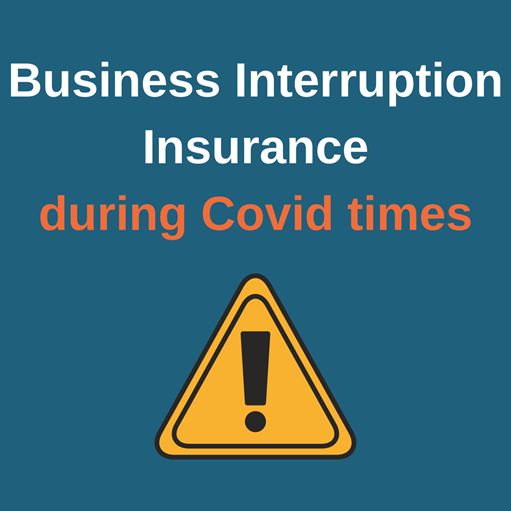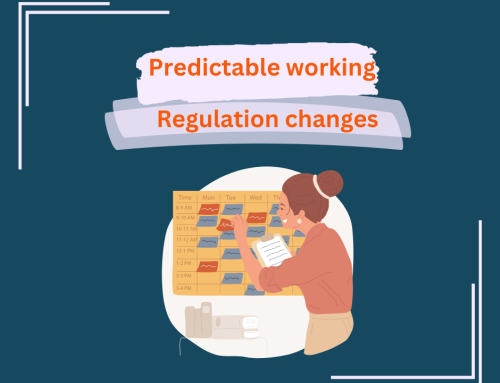The events of 2020 have caused major disruption to organisations, with government measures forcing many to close, resulting in substantial financial loss. Because of this there is a renewed focus on ‘Business Interruption’ insurance, causing many to wonder whether it is worth purchasing for their business. In this blog we explain the basics of business interruption, and what it covers to help you decide whether it is an appropriate cover for your organisation.
What is Business Interruption Insurance?
Business Interruption (BI) insurance provides cover for the financial losses (loss of income, rent or revenue, any rent payable or gross profits) of an organisation that are caused by material damage to its property. Material damage is physical loss or damage to buildings, plant or stock. It can also cover additional costs of working incurred as a result of mitigating the loss, such as the costs of setting up staff to work from home, reinstalling software and so forth. If your organisation has a shop, salon, office or other packaged insurance policy, you will likely either have BI insurance cover as part of your package. You can also arrange BI insurance as a stand-alone insurance policy, or part of a combined insurance policy.
BI insurance in the Covid-19 pandemic.
BI cover can also include extended cover for losses that are triggered by events that do not amount to material damage to insured property in the ordinary sense. These covers are referred to as Non-Damage Business Interruption extensions and are the covers that would have responded to the Covid-19 pandemic, e.g.: “The outbreak of a notifiable human infectious or contagious disease occurring within a 20 kilometre radius of the location.” As this type of cover is an extension to a policy, not all policies have this cover, and the scenarios under which they pay out in the event of a claim can often be very specific.
Understanding Business Interruption
Understanding all the various implications of a BI insurance policy can be complex and navigating around the insurance jargon in the policy wordings can often be tricky. To translate two key bits of insurance jargon for BI policies, you need to be aware of the following terms:
- The ‘Indemnity period’ is the time period for which the interruption will affect the business. The insurers will pay losses in this period (usually 12, 24, 36 months) but stop once the specified period has ended or the losses have ceased – whichever occurs soonest. There are many different factors to contribute to deciding on an indemnity period, including the size and type of your organisation, and realistically how long it may take for the business to get back up and running.
- The ‘sum insured’ is the maximum amount that needs to be insured under the policy. However, a BI policy isn’t designed to replace all the turnover lost as a result of the interruption. This is because with losses also come savings. For example, if the building isn’t in use, then there will be lower running costs.
Preventing underinsurance
Sometimes Business Interruption claims aren’t settled simply and swiftly. A common reason for these claims not being fully settled is ‘underinsurance’. This is where you have underestimated the gross profit or revenue for the organisation, and as a result, the insurers cannot provide you with a full settlement. This is often as a result of misunderstanding gross profit – gross profit for insurance purposes is different to that for accountancy services, your broker can help guide you through the calculation. A quick way to avoid this situation is to insure your organisation on a gross revenue basis. It sometimes costs more in terms of premium, but will help you to avoid underinsurance.
Key things to consider
In order to purchase BI insurance your broker will need to know a few things: firstly, your financial forecast for the indemnity period you have selected, (12, 24, or 36 months), taking into account where you income comes from, and whether it will be interrupted by damage to your premises. Secondly, we will also ask you how long you think it would take to get back to the position you were in before the loss occurred. Thirdly, you will need to think about what extra costs would be incurred if you needed to relocate your office or set up staff to work from home if necessary. Finally, we will discuss with you whether you have a business continuity plan and, if you don’t, we would recommend that this is something worthwhile having in place in order to ensure continuity and reassurance in the midst of uncertain times.
What next?
Business Interruption insurance can be complex to understand and set up, however a good broker will take you through the process step by step in order to ensure that you make thorough, appropriate and prudent decisions to protect your organisation. Give Talbot Jones Ltd a ring on 0191 9170330 to start the conversation and acquire the cover you need.
Talbot Jones Ltd are a commercial insurance brokers based in the North East, but operating nationwide in the Not for Profit and Small Business (SME) sectors. For further information about Business Interruption insurance, why not drop us a line at info@talbotjones.co.uk to find out more.





